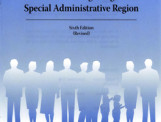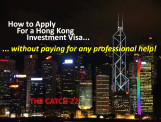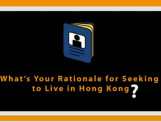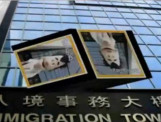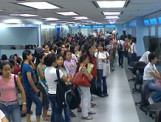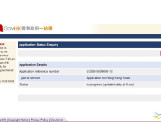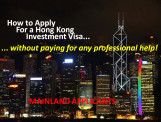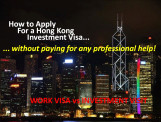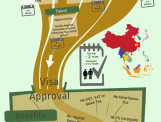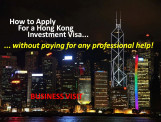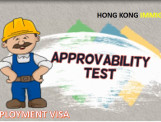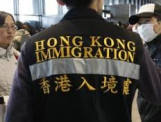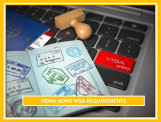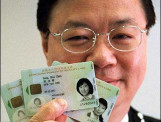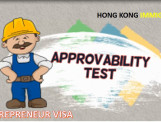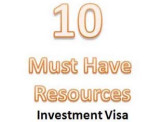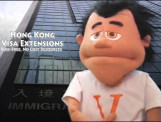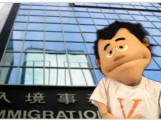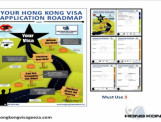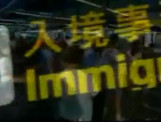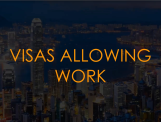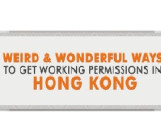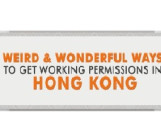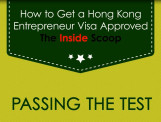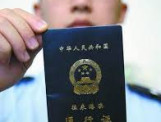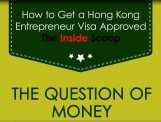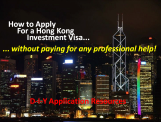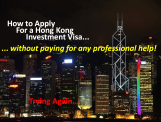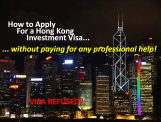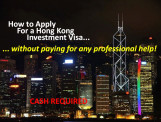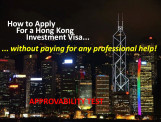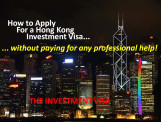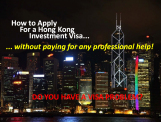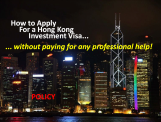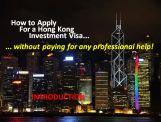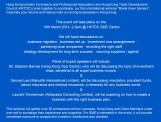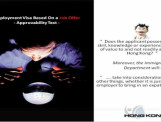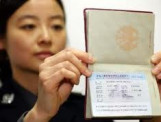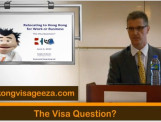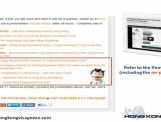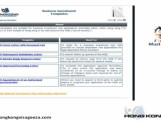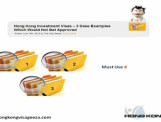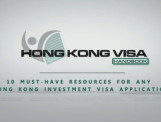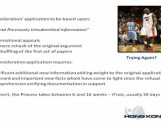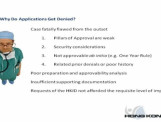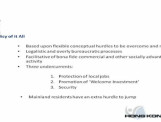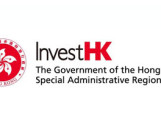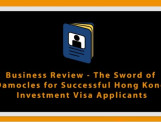
The Challenge Of Visa Approvability For Freelance Writers & Reporters In Hong Kong
Posted by The Visa Geeza / in Investment Visas, Your Question Answered / 4 responses
Freelance writers & reporters in Hong Kong are often faced with a round-pegs-in-square-holes visa situation that is not easily resolved.
This post attempts to deal with the challenge of visa approvability for these people and shed some light on what is actually do-able from an immigration perspective.
QUESTION
I am currently a full-time reporter in Hong Kong, I have a work visa. I plan to resign soon for various reasons and would like to stay in Hong Kong and be based here as a freelancer.
Once I resign, what happens to my current work visa?
Can I stay until it expires? I read that I could, but that I could not work until I get a new one, is that correct?
I read also that I would need to create my own business in order to sponsor myself; is that a difficult process?
What kind of documents do I need to show to the Immigration Department, does it take a long time to get a reply and what is the success rate?
Thanks a lot for your help!
ANSWER
The question of suitable immigration status for freelancer writers & reporters in Hong Kong is a bit of a torrid one. It is very much a round pegs in square hole situation because without an employment contract in place there is no opportunity to be an employee, therefore an employment visa holder.
So the only other immigration status that is available to such freelance writers & reporters is the business investment visa. And the approvability test for business investment visa calls for demonstration that the applicant is in a position to make a substantial contribution to the economy of Hong Kong. And by definition the substantiality aspect of the approvability test is never satisfied where you’ve got a freelancer because for all practical purposes we’re talking about a one-man business.
Therefore a little bit of fancy footwork is always required when trying to secure the immigration department’s permission to be a freelancer in Hong Kong. And in this regard you very much need to make a business case. In my experience the process for securing a business investment visa, whether you’re a one-man business, or whether you’re going to ultimately be a bigger business than just that which is regularly reflected in a freelancer situation is that you make your application for a business investment visa as though you’re going to be bigger than potentially just a one-man band.
Recognising that even if your application is quite weak, the immigration department could approve you subject to business review at the end of the first twelve months. And in this regard they’re going to have a look to see if your activities can be said to be making a substantial contribution to the economy of Hong Kong.
So yeah, like I said, round pegs, square holes. I’ve detailed on this post effectively all the resources that you need to drill down on to learn what’s required to get yourself a business investment visa, including other documents that are required. To that end you’re going to need a sponsor for your application and that can be any permanent identity card holder who’s acquainted with you and in respect of your question about what happens to you once you resign, that is, to your current work visa.
The employment visa that you have at the moment comes with two privileges. The first privilege is for you to carry on the employment that you’re doing for your current employer, and the second privilege is your privilege to reside, which flows naturally from the privilege to work because you need to be allowed to live in Hong Kong in order to do the work that you’ve been authorised to do.
So once you stop working for your existing employer, your privilege to reside continues, but your privilege to work ceases and thereafter you’re not entitled to join in a business, establish a business, or work for anybody else without going back to the immigration department and getting their approval in advance of you taking up that new activity.
So your privilege to reside will continue until either the immigration department take it away from you, which they never do. They usually allow you the ability to continue to remain in Hong Kong to put in place the necessary bits and pieces that you need to move forward with the next stage of your life or until your current period of stay expires, whereupon you won’t be entitled to an extension because you don’t have the necessary conditions in play for the Immigration Department to give you one, and you’d be expected to leave Hong Kong when your current visa expires.
How long does it take to get a reply? Well, for all practical purposes, you’re looking at a two to four month timeframe for an investment visa approval. And the success rate? Well, that’s an interesting one, actually, because there are between 254 hundred approvals under this visa category issued each year, but there are about 250 applications received by the department each month. So when you net it out, it’s approximately a 15% chance of success. Now, that’s not to say that you won’t be successful in your application. It just goes to show that the Immigration Department systems are set up so that all comers are encouraged to make applications, but only the best cases ever get approved.
In terms of improving your chances of success, the longer you’ve spent in Hong Kong, the more likely it is the Immigration Department are going to buy into the idea that you’re going to be able to make a substantial contribution, particularly if you can show that in your industry, a large number of people that do the work that you do don’t do it under a formal sponsored employment visa type situation.
Because actually, the number of, for example, journalists in Hong Kong who would be full time employed on an employment contract sponsored by a publication, there’s probably not that many, all things considered, and is probably getting less and less with the state of print publishing these days.
So the departments are quite cognizant of the fact that the way that writers earn their living tends to sort of border on the freelance. But as I say, unfortunately, the approvability test for the visa category that’s available to you shows that you need to be in a position to make a substantial contribution, and that really then puts you sort of alongside all the other business investment. These are applicants who have to show that they’ve got resources and who have to show that the work that they do is going to ultimately result in a solidly entrenched commercial enterprise, because that’s the final outcome for an investment visa approval.
So, all things considered, the longer you’ve been here, the more likely it is that you’re going to get approved. You’re going to have to dress up your application in such a way as to address the issues that are detailed as being required to pass the approvability test.
That is all the information that’s in the resources appended to this post. It’s going to take you, as I say, two to four months to complete, and your chance of success is improved by the amount of time that you’ve been in Hong Kong, the closer you get to seven years.
Generally speaking the easier the immigration department are in applying the approvability test to freelancers. So, go for it. I wish you all the very best in that exercise, too.
VisaGeeza.Ai – Making Hong Kong Immigration A Lot Easier

VisaGeeza.Ai – 13 Years In The Making
Check Out VisaGeeza.Ai
All Our Know-How : All Our Experience : Fully Interactive
100% FREE!
Resources Referenced In The Podcast Answer
10 Must Have Resources For Any Hong Kong Business Investment Visa Application
Business Review – The Sword Of Damocles For Successful Hong Kong Investment Visa Applicants
The Anatomy Of A ‘Slam Dunk’ Hong Kong Investment Visa Approval Taking Just 7 Weeks To Approval
Hong Kong Visa D-I-Y Kit Sign Up
Weird & Wonderful Ways To Get Working Permissions In Hong Kong – The Entrepreneur Visa
| PODCAST ANSWER |
Podcast: Play in new window
















